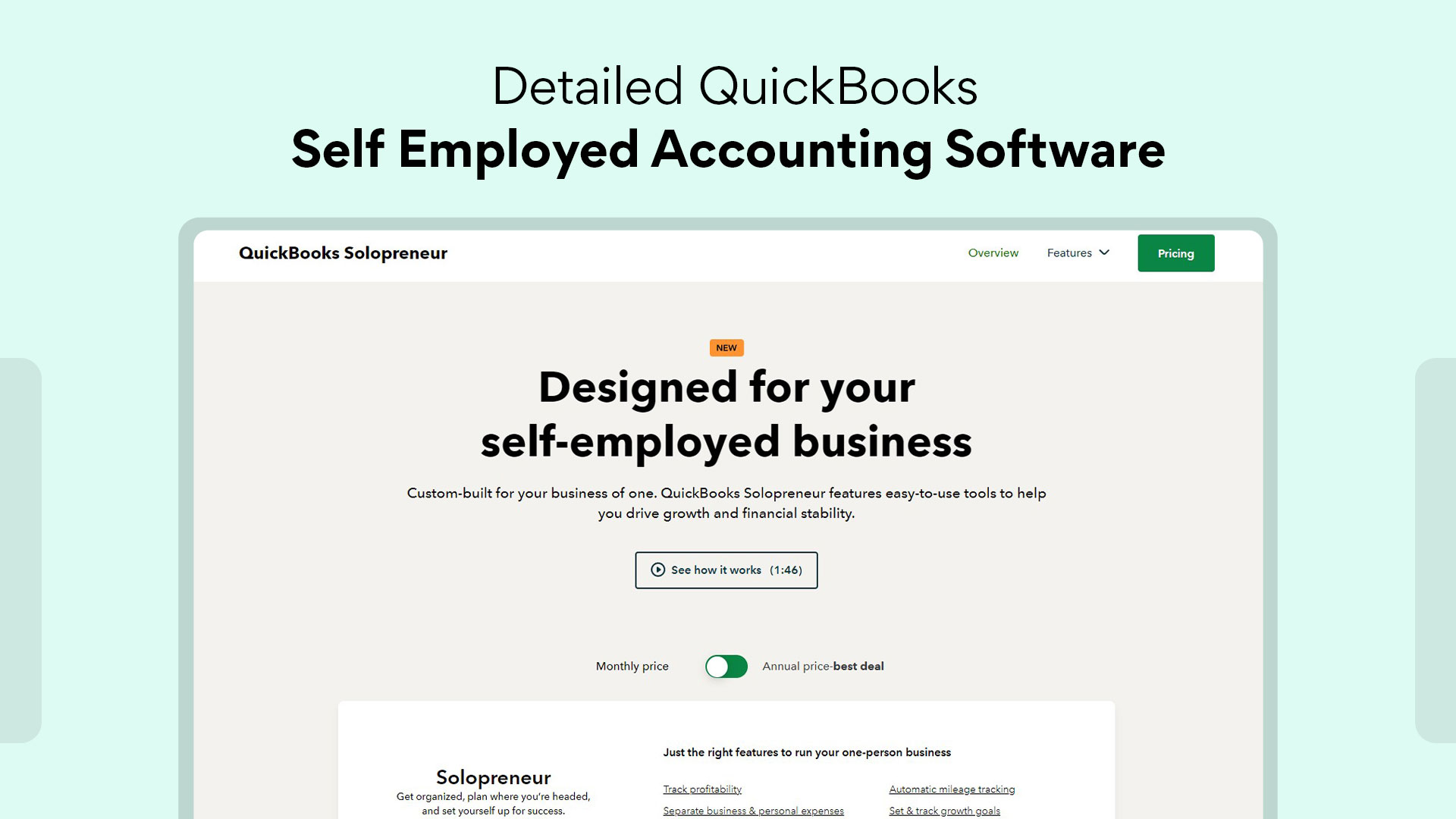5 common mistakes to avoid while accounting

Automation may have minimized the frequency of errors but has not eliminated them entirely. Some mistakes can seriously impact our financials and need to be taken care of. Here are a few common mistakes that we, as accountants, make while bookkeeping and ways to prevent them from occurring in the future.
Unreconciled entries
Reconciliation is a regular practice that needs to be done at regular intervals. A transaction that is not "checked off” is said to be unreconciled. In QuickBooks Online, these transactions are marked in bold when left out, but not all software flags them. While having unreconciled transactions is acceptable, you should review and comprehend them each month to make sure further investigation isn't necessary. Every transaction must add up to the correct ending account balance, and both accountants and business owners should monitor this.
How to avoid it:
A method for timely account review should be created. This not only speeds up the detection of erroneous inputs and inaccurate information but also prevents fraudulent activities from going unnoticed.
Failing to Properly Categorize Income and Expenses
All the income and expenses should be assigned to the appropriate category to ensure the year-end tax filings are clear and smooth. Failing to recognize them will lead to inaccurate reports, potential loss of reputation, and even clients, in some cases. Not to mention the disappointment of your tax accountant, who might bring this to your notice.
How to avoid it:
Structure your team and ensure someone reviews the accounts regularly to prevent missing out on them. The member responsible should perform a routine check and clear the suspense account, which possesses all the uncategorized transactions. Investing in the well-being of the company will ensure staff are adequately trained and are well-versed in accounting processes and expectations.
Data Entry Errors
Human errors while recording transactions are one of the most common mistakes that occur in bookkeeping. Accountants may incorrectly record transactions, leading to potential loss of funds and compromised decision-making. While you cannot eliminate human errors, it is necessary to put procedures in place to ensure timely detection and rectification of incorrect entries.
How to avoid it:
Defining goals with the team and setting a limit for the entries every day can help minimize the errors. Also, try automating your review process. For instance, tools like Xenett can be used to streamline, ensuring that the second set of eyes runs through the data to track anomalies while saving time and energy for your team.
Inefficient record-keeping
With paperless trends taking over the industry and replacing the piles of complex data with digital records, maintaining data has become easy with no requirement for cabinets. But records in both paper and digital formats need to be maintained efficiently and effectively. Data is valuable not just for tax filing purposes, but for payment confirmations, valuing the business, auditing and training, and so much more.
How to avoid it:
Train staff to maintain high-quality data that is accessible and easy to track. Forming proper procedures and guidelines will help structure the process. Many software and tools offer proper backup and storage solutions, minimizing the risk of losing the data. Applications that adhere to cybersecurity and provide accessibility can be selected as per the requirements.
Not using accounting software efficiently
Accounting tools and software can break the complexities into simple pieces of information, so bookkeepers can focus on insightful reporting. However, a lot of accountants still use outdated manual methods or are unfamiliar with the latest technologies. Lack of knowledge doesn’t allow them to utilize the tools to their fullest potential.
How to avoid it:
To establish your learning, accounting software has training guides on its websites and other social media platforms. Encouraging proper training can help a great deal in ensuring all the accountants are aware of the utility, operations, and benefits of the tools. Also, attending webinars and subscribing to newsletters keeps you updated, ensuring you derive the maximum benefit from the software.
The impact of errors on your business
Whether we like it or not, accounting errors are bound to happen and can put the future of your business at great risk.
Utilizing accounting software and other digital tools can help with data management, analysis, and report creation. Finally, well-placed safety and precautionary measures will minimize the loss of data and fraud.
We hope these tips help you to keep track of the errors and prevent them from occurring in the future.
.webp)
.svg)





.webp)

.webp)